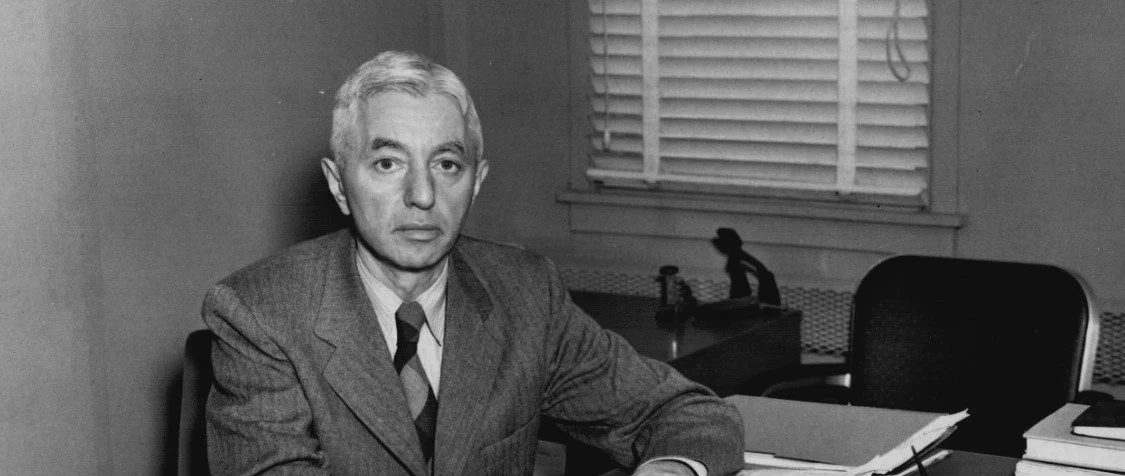A bad hire doesn’t mean the person who got the job is bad. Most likely it means they aren’t a good fit for the role. The cost of a bad hire includes time—four to six weeks on average to find a new recruit. And adjustments to the job description, approvals, posting of ads, screening resumes, contacting candidates, conducting interviews and negotiating offers. Then there’s the onboarding—training, moving into duties and early evaluation. A bad hire can affect productivity, with failure to meet expectations, slow work or errors. Teamwork can suffer. Morale can suffer. Client relationships can be damaged. So much can go wrong with a new hire that the desire to get it right holds tremendous pressure for the leader.
Perhaps you have an HR team, but there’s usually a space in the hiring process where a candidate is interviewed by the organization’s leadership. What might you look for in the person? Do you have a sense of discernment, and a set of questions that might help you determine the character of the candidate? A resumé can tell you bits and pieces. When you meet someone, the key question to answer about them is, “What kind of person is he or she, really?” Consider for your hiring process:
A bullet list for character. What traits are universally helpful to have? As a leader, you might desire many of the following:
Accountability. Owning one’s own actions to build trust.
Work Ethic. A strong internal drive to do quality work consistently.
Humility. Receptive to feedback and able to collaborate and be taught.
Resilience. The ability to bounce back from setbacks and change.
Reliability. Doing what one says they will do and meeting deadlines.
Adaptability. Flexible and open to change and learning new things.
Initiative. Anticipating needs and acting.
Emotional intelligence. Self-awareness and social skills to help manage conflict and influence others positively.
Questions that help reveal character. Now, consider questions you might ask that help reveal someone’s character. Most of the time this is revealed through their interactions and relationships, so questions should focus on giving examples and talking about experiences. Here’s a list of excellent questions you may have at the ready when you talk to a potential hire:
Describe a time when a project didn’t go as planned. What role did you play, and how did you respond?
How do you approach learning something completely new under pressure?
Tell me about a time you made a mistake at work. How did you handle it?
Have you ever been asked to do something you felt was unethical? What did you do?
Can you give an example of a time you had to admit you were wrong?
If you noticed a coworker violating company policy, what would you do?
What guides your decision-making when you're not sure what’s right?
What does loyalty mean to you in the workplace?
How do you build trust with your team or supervisor?
Tell me about a time when someone relied on you. How did you ensure you didn’t let them down?
Have you ever worked with someone who was difficult to get along with? How did you manage the relationship?
Tell me about a time you helped a colleague through a personal or professional challenge.
How do you show support for a team member who is struggling?
What’s something you’re working on improving in yourself right now?
Who do you look up to, and why?
When have you had to take responsibility for a team failure? What did you learn?
How do you hold yourself accountable for goals or commitments?
Tell me about a time you failed at something. How did you bounce back?
What’s the toughest feedback you’ve ever received, and how did you respond?
How do you handle praise and recognition?
Describe a situation where you had to choose between doing what’s right and what’s easy.
What would your previous coworkers or direct reports say about your character?
When you’re under stress, what parts of your personality become most visible?
If I asked you to describe your personal values, what would be your top three?
Discernment in hiring. Discernment is the ability to perceive, understand and judge things clearly, especially when they are not immediately obvious. Discernment is a spiritual gift, a special talent that not every leader has. Hebrews 5:14 reminds us that “Solid food is for the mature, for those who have their powers of discernment trained by constant practice to distinguish good from evil.” In other words, discernment takes a certain level of personal and spiritual maturity.
Discernment is crucial in the hiring process in any organization. It is the discerning person who can use the interview and relational questions to help reveal the true character of the candidate. And the discerning person has a sense of whether he is seeing the true person, or being treated to a show not rooted in the truth. You may have many leadership talents and abilities, but lack discernment. There’s a practical solution for this, which is to bring people alongside you that have discernment, to listen to their questions and opinions, and to use their discernment even as they teach you to be more discerning.
Hiring has become such an automated process for many that HR managers sometimes make judgments about people strictly based on their resumés or a Zoom interview. Such a volume of companies have become quick to eliminate candidates electronically, and AI resumé building services have sprung up to counter this with perfect wording, format and splashes of language that indicate precisely what you as a specific employer are looking for. More than ever, a level of discernment is necessary to help determine important aspects of personal character that will ultimately be what makes an employee successful.
Cover photo: Shutterstock.com








The cost of a bad hire includes time—four to six weeks on average. A bad hire can affect productivity, with failure to meet expectations, slow work or errors. Teamwork can suffer. Morale can suffer. Client relationships can be damaged.